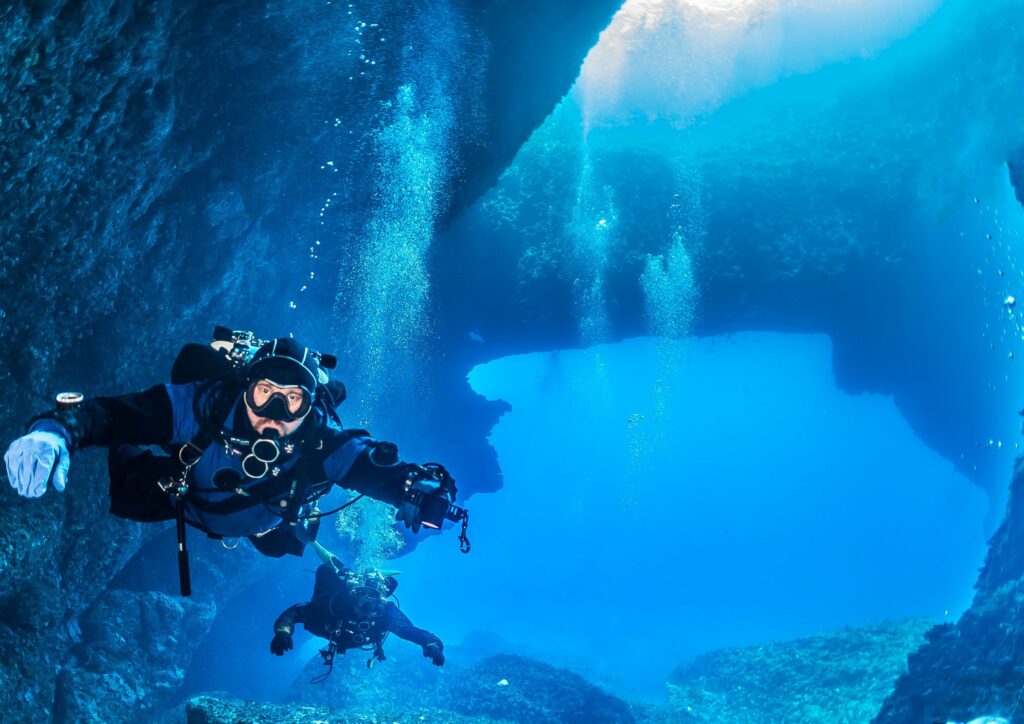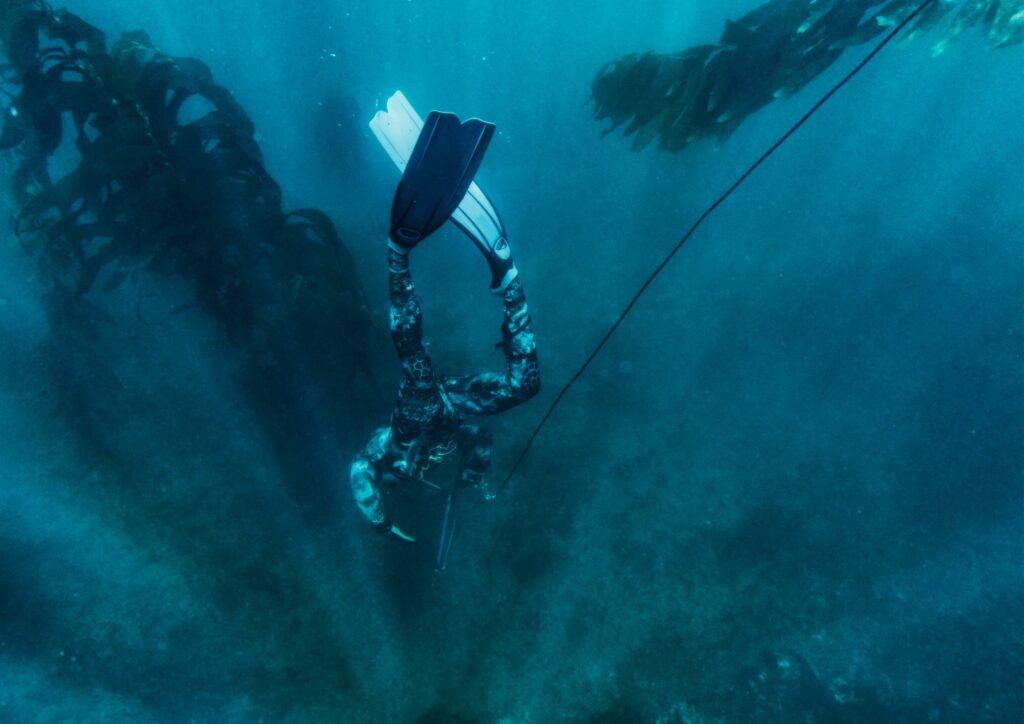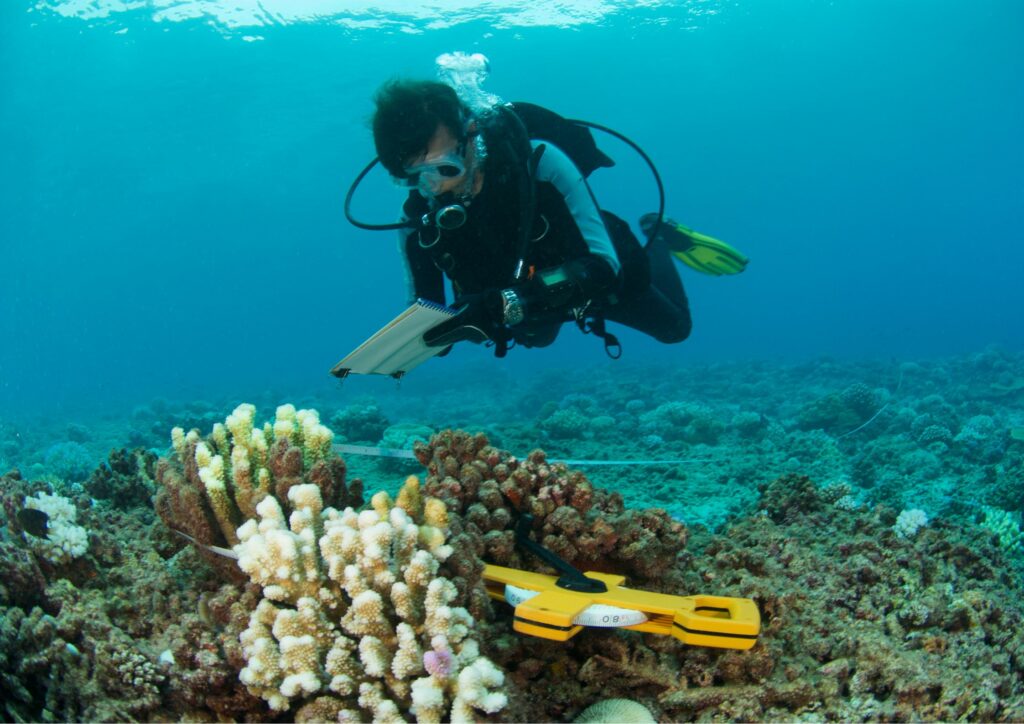The Diving Science Specialty Training, with its three main advantages, invites you to plunge into the immersive domain of diving physics, diving physiology, and the secrets of the underwater world. In the vast marine wilderness, understanding the precise art of diving goes beyond the mastery of equipment and techniques. Harnessing the science of diving adds another dimension to your underwater exploration—a window to interpret the complex stamina of the underwater world and its effect on the human body. The Power of Diving Physics
The mystifying world under the water is not only beautiful, but also governed by a fascinating set of physics laws, which can present challenges to the unprepared diver. The first noteworthy benefit of diving science specialty training is the in-depth understanding of these diving physics—elemental in conducting undisturbed and delightful aquatic explorations. Gaining insights into how alterations in pressure influence your body, the concept of buoyancy, and underwater drag impacts aren’t merely fascinating academic exercises but crucial lessons that could be the difference between any underwater misadventure and a safe return.
These lessons are your underwater lifelines, stretching the safety boundaries of your diving experience. With the comprehensive knowledge of diving physics, divers are empowered to foresee, avert, and adeptly manage prospective issues underwater. From understanding how gas pressure impacts breathing to calculating decompression stops, every aspect of diving physics is an essential cog in the machinery of safe and efficient diving in Diving Science Specialty Training.
Diving Physiology: Learning Your Body’s Underwater Language

The second fundamental pillar of special diver training is diving physiology. This isn’t simply about knowing your swimming strokes but understanding how our bodies inherently react to the conditions under the waves. This understanding extends from acknowledging that nitrogen, a ‘silent killer’, can cause narcosis under pressure, to uncovering how oxygen becomes toxic under depth, and realizing ascending too quickly can results in dangerous bubbles in your body.
Decoding how our bodies adapt, react, and cope while under water leads to a streamlined and safer diving experience. Your body initiates various mechanisms to keep you safe during a dive, from the squeeze to the release of adrenaline. Familiarizing yourself with these internal reactions won’t just elevate your performance but also balance your underwater safety. It’s like decrypting your body’s secret language, allowing you to mirror and interpret every signalling of your body’s response, hence optimizing health and performance while diving.
Exploring the Underwater World: Unraveling its Impact on the Human Body in Diving Science Specialty Training

Finally, the science of diving specialty training unveils the enthralling mysteries of the underwater world, acting as a cipher to translate its impact on the human body. Exposure to unique underwater conditions, such as cold temperatures, limited visibility, pressure changes, and unique aquatic species, can drastically affect our physiological responses, presenting significant challenges to divers. But, how does this alien marine habitat push our human boundaries?
Can we not only adapt, but also cherish and prosper in this exotic environment? Diving Science Specialty Training guides you to discern these answers. While some of these factors seem threatening at first, the right know-how gained through rigorous training can convert them from intimidating hazards to foreseeable and navigable happenings. This enriches every marine encounter, making each descent a treasure trove of experiences and learning opportunities.
Science: The Unseen Gear in Your Underwater Explorations in Bali
Encapsulating the advantages of this Diving Science Specialty Training, we see it equips divers with a critical understanding of the inner-workings of diving physics, diving physiology, and the influence of the underwater world on the human body. This knowledge goes above and beyond the basic diving skills. It offers a unique opportunity to become not just a diver but a dive professional—privy to the mysteries of the underwater realm. Consequently, science becomes a diver’s unseen gear—forever altering the course of their underwater explorations from mundane to magnificent. Let science guide your dives, and you’ll gain much more than just diving certificates—a deeper appreciation and a robust understanding of our complex underworld.
In the enchanting world of Bali diving, science serves as the unseen gear driving each underwater exploration. The intricate balance of marine ecosystems, the behavior of currents, and the physiology of deep-sea creatures all play a crucial role in shaping the diving experience. Advanced dive computers and decompression algorithms ensure safe ascents, while knowledge of marine biology enhances the appreciation of Bali’s vibrant underwater life.
The study of oceanography helps divers understand the tidal patterns and seasonal changes that influence dive conditions around the island. Furthermore, conservation science guides efforts to protect Bali’s delicate coral reefs and marine habitats, ensuring that future generations can enjoy these underwater treasures. By integrating scientific principles into Bali diving, adventurers can dive deeper, stay safer, and gain a richer understanding of the marine environment, making each dive not just an adventure but a journey into the marvels of the natural world.

I’m loving how they’re diving deep into the science behind diving! It’s so important to understand the physics and physiology of scuba diving, especially when exploring the underwater world. I’ve always been fascinated by the way our bodies adapt to pressure changes and nitrogen levels.
Hi Astrid, we’re thrilled to hear that you’re enjoying the science behind diving! At Gill Divers, we believe that understanding the principles of diving physics and physiology is crucial for a safe and enjoyable underwater experience. We’d like to offer our Diving Science Specialty Training program, which delves deeper into the mysteries of the ocean and its impact on the human body. Our expert instructors will guide you through the intricacies of gas pressure, buoyancy, and decompression stops, empowering you with the knowledge to navigate even the most challenging underwater environments. If you’re interested in learning more, please don’t hesitate to contact us at Tel: +65 6734 9373 or Email: [[email protected]](mailto:[email protected]). We look forward to helping you unlock the secrets of the ocean!
I’m a big fan of diving science specialty training! It’s crucial to understand how the underwater world impacts our human physiology. I’ve had some close calls while diving in Bali, and understanding the science behind it has really helped me stay safe and enjoy my dives.
Thank you for sharing your experience, Evelyn! We’re thrilled to hear that our diving science specialty training has helped you stay safe and enjoy your dives in Bali. It’s indeed crucial to understand how the underwater world impacts our human physiology. At Gill Divers, we believe that knowledge is power, and having a deep understanding of diving physics, physiology, and the ocean’s impact on the human body can make all the difference in ensuring a safe and enjoyable dive. If you have any more questions or concerns, please don’t hesitate to reach out to us. We’re always here to help.
I never knew that understanding oceanography could make such a big difference in diving! This post has opened my eyes to the importance of integrating scientific principles into our dives. Can’t wait to put these tips into practice on my next Bali diving trip.
Hi Rohan, thanks for sharing your thoughts! We’re thrilled to hear that our post has opened your eyes to the importance of integrating scientific principles into diving. At Gill Divers, we believe that understanding oceanography is crucial in making a safe and enjoyable dive experience. Our diving science specialty training program is designed to equip divers with the knowledge and skills to navigate the underwater world with confidence. We’d be happy to help you prepare for your next Bali diving trip. Feel free to reach out to us at Tel: +65 6734 9373 or Email: [email protected]. Look forward to hearing about your diving adventures!